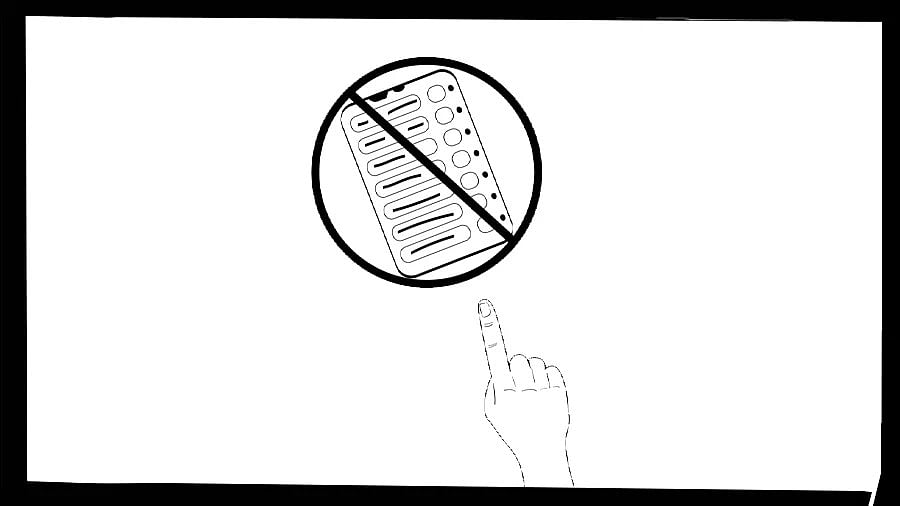
At the Samvidhan Bachao (Save the Constitution) rally organised by the Congress in Bhubaneswar on July 11, Leader of the Opposition Rahul Gandhi called out the Election Commission of India (ECI) for “stealing” the elections as part of a mass disenfranchisement exercise in Bihar, slated for polls in November this year, under the guise of a Special Intensive Revision (SIR) of electoral rolls, which had already been completed in 2005.
The previous day, a two-member bench of the Supreme Court, while upholding the constitutionality of SIR, suggested that the ECI may consider the addition of three more documents, viz. Aadhaar, voter’s card (EPIC), and ration card, in addition to the 11 documents listed. Incidentally, Aadhaar is used to generate all the supporting documents; therefore, its exclusion seems illogical. The Election Laws (Amendment) Act, 2021 had amended the RP Act 1950 to include Aadhaar as a valid document to establish the identity of the voter. According to the Unique Identification Authority of India (UIDAI) website, Aadhaar coverage in Bihar is at 94% and therefore, there is no reason for the ECI not to include the Aadhaar as an acceptable document. This appears to be a process aimed more at exclusion than inclusion.
It may be noted that the ECI had conducted a similar exercise in Bihar in 2003 and had then needed two years to finalise the revised electoral rolls. To again revise the rolls, that too within one month, is both unprecedented and impractical. This hasty measure indicates an attempt by the government to keep out a certain category of voters, mostly the marginalised including minority groups, who may not be able to procure the required documents – these include birth certificates, passports, National Register of Citizens documents, and ID cards issued by the government/local authorities before July 1, 1987 – in such a short time. Not surprisingly, the combined opposition led by the RJD and comprising the Congress, Left parties, and AIMIM organised a mass agitation against the move last week.
The ECI has highlighted SIR as an exercise to ensure that no eligible voter is left out while no ineligible person enters the electoral rolls. However, as observers point out, it is not the essence of SIR (Sec 21 of the People’s Representation Act, 1950 mandates the ECI to carry out the exercise) which is wrong, but the method and procedures adopted which leave a cloud of suspicion in the minds of the largely illiterate, impoverished and uneducated sections of society, and the bulk of migrant labourers, who mostly do not have a permanent address to register. This stands contrary to the ECI’s claim of having done large-scale consultations with all opposition parties and the BJP in arriving at this decision.
How are the citizens expected to produce land allotment documents, proof of permanent residence, and school certificates in a state marked by homelessness and illiteracy? What about manpower and resources to complete this revision? The ECI has stated that it has put more than 1 lakh Block Level Officers, 4 lakh volunteers, and more than 1.5 lakh booth-level agents appointed by political parties to conduct this mammoth exercise, and that 80% of voter registration forms have already been collected.
Ruse for a larger shift?
The ECI has some explaining to do on the manner and timing of SIR. Coming in the wake of alleged manipulation and discrepancy between votes cast and votes polled in the recent state elections, and Rahul Gandhi’s allegations of vote rigging in Maharashtra, SIR has given rise to concern. Furthermore, the spectre of the NRC, included as one of the 11 documents, could find a backdoor entry to Bihar, making this a mechanism for exclusion. The Home Minister’s ominous declaration that SIR would be implemented in
all states where elections are due, starting with West Bengal and Tamil Nadu early next year, has added to doubts about the government’s intent to “standardise” elections.
Linking this to the larger issue of One Nation One Election (ONOE), which was introduced in the BJP’s 2014 election manifesto and given shape in the Prime Minister’s declaration in his Independence Day address last year, the situation demands serious introspection. An eight-member high-level committee led by former President Ram Nath Kovind was subsequently formed to delve into the pros and cons of ONOE, which would require several provisos of the Constitution (Articles 83, 85, 172, 174, 356) to be amended. The committee has held several sittings where former chief justices have given their views about the admissibility of ONOE.
Jagdeep Chhokar, founder of Association for Democratic Reforms (ADR), in his paper ‘Simultaneous Elections: Striking at the Roots of Parliamentary Democracy’, has argued that the combination of elections to the Lok Sabha and assemblies is flawed as it would require extensive amendments to the Constitution besides upsetting the balance of power between the Union and state governments. Opposition parties, including Congress, have rejected the ONOE proposal.
The government is, again, playing for higher stakes. Restarting the SIR exercise in Bihar has been a deliberately thought-out plan to bring in a one-party system, which runs contrary to the essence of the Constitution and ignores the significant diversities of political cultures in the country. This does not augur well for the continuance of constitutional democracy in the long run.
(The writer is a retired diplomat and political analyst; Syndicate: The Billion Press)